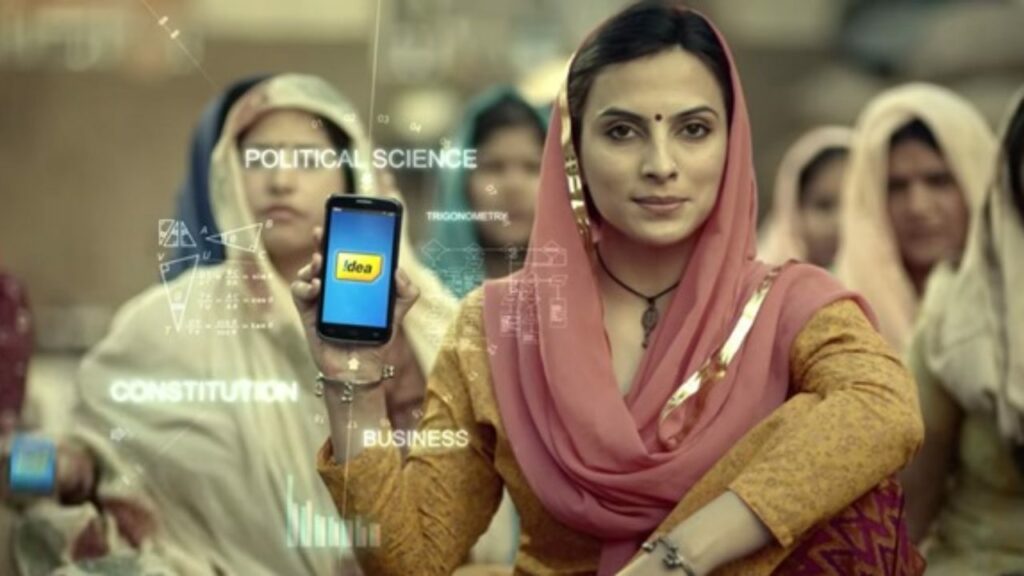In a recent press release, the Ministry of Information & Broadcasting (MIB) has announced a new feature which facilitates self-declaration by advertisers and advertising agencies from print, broadcast as well as digital media.

How Does This Help?
Earlier, the Supreme Court had issued a directive in its order dated May 7, 2024 mandating all advertisers and advertising agencies to submit a ‘Self-Declaration Certificate’ before publishing or broadcasting any advertisement, as informed by MIB.
The press release mentioned, “The self-declaration certificate is to certify that the advertisement (i) does not contain misleading claims, and (ii) complies with all relevant regulatory guidelines, including those stipulated in Rule 7 of the Cable Television Networks Rules, 1994 and the Norms of Journalistic Conduct of Press Council of India. Advertisers must provide proof of uploading the Self-Declaration Certificate to the relevant broadcaster, printer, publisher, or electronic media platform for their records.”
How Did This Happen?
The story has started with the MIB press release and a circular uploaded on the Broadcast Seva Portal Cited the order dated May 7, 2024 in the Indian Medical Association Vs. Union of India [Writ Petition (Civil) No 645/2022] case concerning misleading advertisements by Patanjali Ayurved.
In this case, the Supreme Court took note of the absence of a “robust mechanism” to oversee whether advertisers are fulfilling the obligations stipulated under the Guidelines for Prevention of Misleading Advertisements, 2022, released by the Central Consumer Protection Authority, as per the media report.
Submitting Self Declaration Is Mandatory Before Publishing An Advertisement
Further, the Court directed that “before an advertisement is printed/aired/displayed, a self-declaration shall be submitted by the advertiser/advertising agency on the lines contemplated in Rule 7 of the Cable Television Networks Rules, 1994,” to ensure an stricter implementation of the guidelines.
It is noteworthy here that the Rule 7 of the Cable Television Rules, 1994 prescribes standards for advertisements to make sure that they are lawful and do not “offend morality, decency and religious susceptibilities of the subscribers”.
Moving ahead, the SC said that “No advertisements shall be permitted to be run on the relevant channels and/or in the print media/internet without uploading the self-declaration as directed above.”
In court observation, they said that advertisers, advertising agencies and endorsers are equally responsible for issuing false and misleading advertisements.
Besides this, the Court also remarked that influencers and celebrity endorsers must act with a sense of responsibility while endorsing any product.
They should take responsibility for the same in compliance with provisions of the Misleading Ads guidelines.












